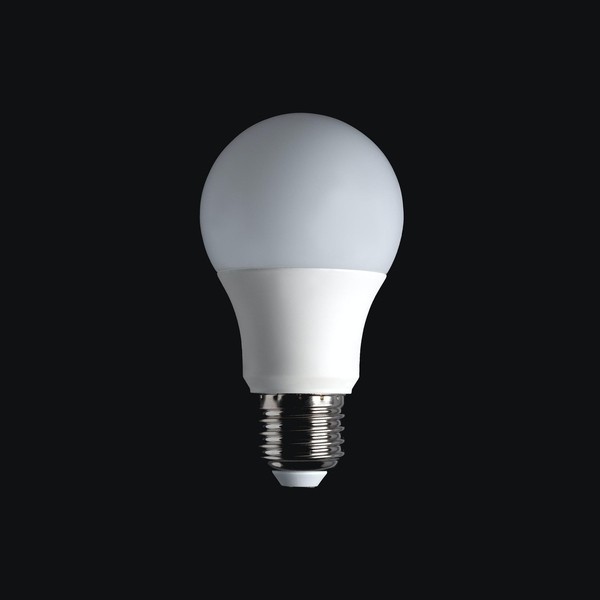Go Green With Your Household Appliances
When it comes to buying a new appliance for your house, it can be difficult to choose the right one. After all, there are so many models and brands available, and picking one often requires you to weigh the pros and cons of everything. Should you choose brand A or brand B? Should you get the newest model or will the older one do? And the biggest question yet – should you get the energy-efficient one?
For some, getting the energy-efficient model seems out of the question. After all, the energy-efficient model is always so much more expensive! However, here’s where some buyers might be short-sighted. The cost of an appliance doesn’t just end at the initial purchase. Instead, you should consider the cost of running it too. When you take that into consideration, buying the energy-efficient model might just be way cheaper. That said, don’t forget that your electricity providers singapore also play a part in how much your electricity bill costs.
In this article, we will go into five different reasons on why you should always choose the energy-efficient appliance over others.
1. It isn’t always more expensive to get the energy-efficient model
It’s often assumed that an energy-efficient appliance might cost more to get. And this is also one of the biggest reasons why people choose not to get an energy-efficient appliance. However, this is not true! Energy-efficient appliances aren’t always more expensive. They are usually the same price as other appliances or at times, they are even cheaper!
Instead, the difference in cost when looking at appliances might be because of their capabilities or capacities. This might be what’s running the cost higher. As such, you should look more carefully and compare appliances when buying them. Look for an appliance that suits you most and then see if it is energy-efficient. If not, look for a similar model that’s energy-efficient. You might find the energy-efficient model to be more worthwhile! And this would just be the upfront cost you’re looking at!
2. It costs less to run
Aside from the upfront cost, you should also take into consideration that your appliance will cost energy to run. And you will have to pay for this energy usage. Therefore, if you get an energy-efficient appliance, you’ll be saving on overall household energy expenditure!
When it comes to appliances, you have to think about more than just how much energy it uses up when running. You also need to think about how much it costs for it to power up and is it able to run on standby mode? Overall, how much more energy will an energy-inefficient model cost? And how will this translate to your energy bill?
Let’s look at two different air conditioners as an example. Air conditioner A is a Five Ticks Energy Saving Model and air conditioner B is a Three Ticks Energy Saving Model. Just comparing these two, you’d find that air conditioner A saves up to 33% in energy consumption. As you use your air conditioner over the years, this difference in energy saving can amount to huge amounts of money-saving for you. Even if air conditioner A costs more upfront, this imbalance in price would eventually even out and be overridden. A will be far more budget-friendly over time!
3. They’ll last longer
Secondly, energy-saving appliances are usually longer lasting. They do not break down as easily as they are not frequently overloaded with energy. This might mean that you do not need to get a new appliance as often or they require less fixing. In either case, this is obviously much better for both your wallet and the earth.
An example of how energy-saving appliances last longer would be LED lamps. LED lamps produce about the same amount of light as an incandescent light bulb. There is no difference in the quality of light given. However, they use as much as 85% less electricity when lit up and therefore, you’d be able to use your LED lamp for 20 times longer than your incandescent lamp. Through this example, you’d be able to clearly see how much more energy and money efficient energy-saving appliances are.

4. You can be rewarded for lowering energy consumption
If you download the mobile application, SP Utilities, you’ll be able to take part in different eco-challenges and earn “leaves”. These “leaves” can then be exchanged for vouchers and rewards! The application mainly tracks your total electricity and when you lower it, you can earn “leaves”. Other challenges include things like changing your bill to be received electronically! Depending on the different months, there might be other challenges to take part in too! However, the gist of the day is this – using an energy-saving appliance would help you lower your overall energy consumption and this can lead to you earning “leaves” on the application!
If you’re interested, the application also allows you to track your individual carbon emission. If you’re looking to be more eco-friendly and sustainable, this would definitely be a feature that you would love!
5. It’s good for the environment and you!
Lastly, using an energy-saving appliance is good for the environment. It saves electricity and lowers the number of greenhouse gases released. Being environmentally friendly is no longer just a trend to follow. Instead, it is a lifestyle that everyone should try to lead. Being environmentally friendly is also good for yourself and you’d be able to save more overall by not wasting as much electricity. At the end of the day, saving energy will create a greener and healthier Earth for all of us!
Conclusion

In summary, energy-saving appliances are great and there is virtually no reason why one should not invest in energy-saving appliances for their house! At the end of the day, your energy-saving appliance will be constantly helping you to save energy. You do not need to do anything extra for it to save energy. Aside from using such appliances, you can also save energy through other simple steps. For example, you could turn off your appliance when it’s not in use. This would lower the overall energy spent, even if the appliance was just in standby mode.

